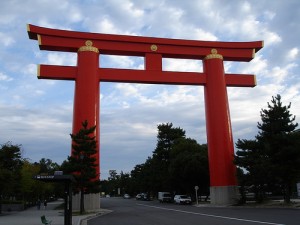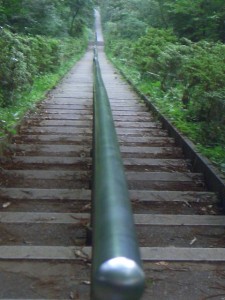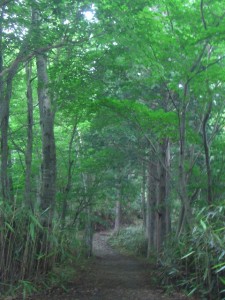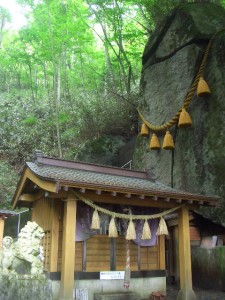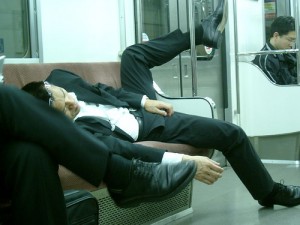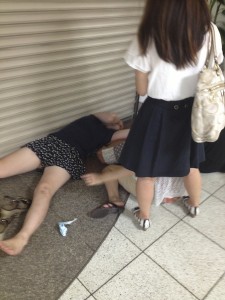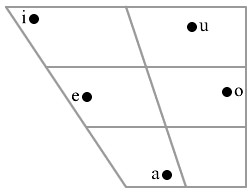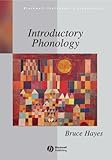Shinto (神道) in Japan
In Japan, there are shrines(神社 l.e.,Gods place) and buddhist temples in every town. Shrines are usually related to “Shintoism”, and of course Buddhist temple to Buddhism. Japanese religious view is very unique. In general, we practice both Shintoism and Buddhism and they has been getting alone in Japan history. This is because the concept is different and also the way of practices, views, and origins. The main practice of Shintoism is worship of Gods, and Buddhism is participating or learning the way to be a Buddha. There is no conflict between Shitoism and Buddhism in Japanese history.
The origin and date started of Shintoism is unknown. It has been said about 800B.C. Shintoism is a religion believing every nature has a god. For example, there are a god of water, wind, tree, mountain, fire, and so on. “Omatsuri (festivals)” is a known practice of Shintoism. You often see the “Torii” (A gateway to the holly space) in front of Shrines which is for distinguishing the human and Gods world.
The pictures below is a shrine on top of a mountain at Yamanakako in Yamanashi prefecture. It is called Divided stone shrine (“石割り神社” Ishiwari shrine). A God of the mountain is worshiped on this shrine.
Getting to this shrine, you go up about 500 stairs and walk about 30 min.
Long stairs. It is about half of them. Often used for trainings of national level athletes.
Road to the Shrine in the mountain.
The Shrine
This is the reason why it is called “divided stone shrine”
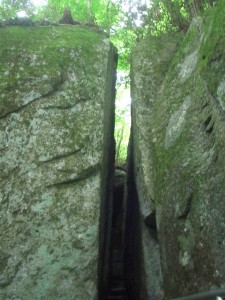
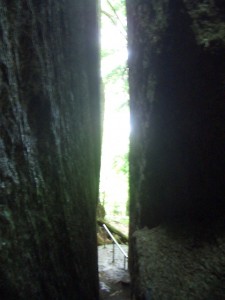
In Shintoism, stones are often referred to a representative of God and are believed to have a strong power. You can find stones in many stories related to Shintoism.
[amazonjs asin=”B005M2AI0I” locale=”US” title=”Shinto the Kami Way”][amazonjs asin=”1405155167″ locale=”US” tmpl=”Small” title=”A New History of Shinto”]
Ishiwari Shrine
より大きな地図で 石割山〜日向峰〜奥ノ岳ルート を表示

